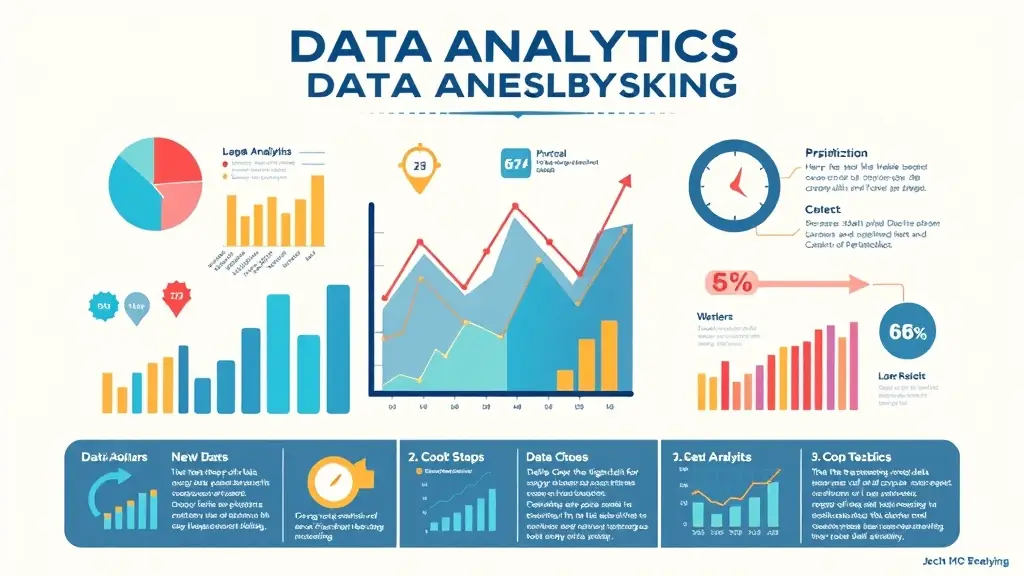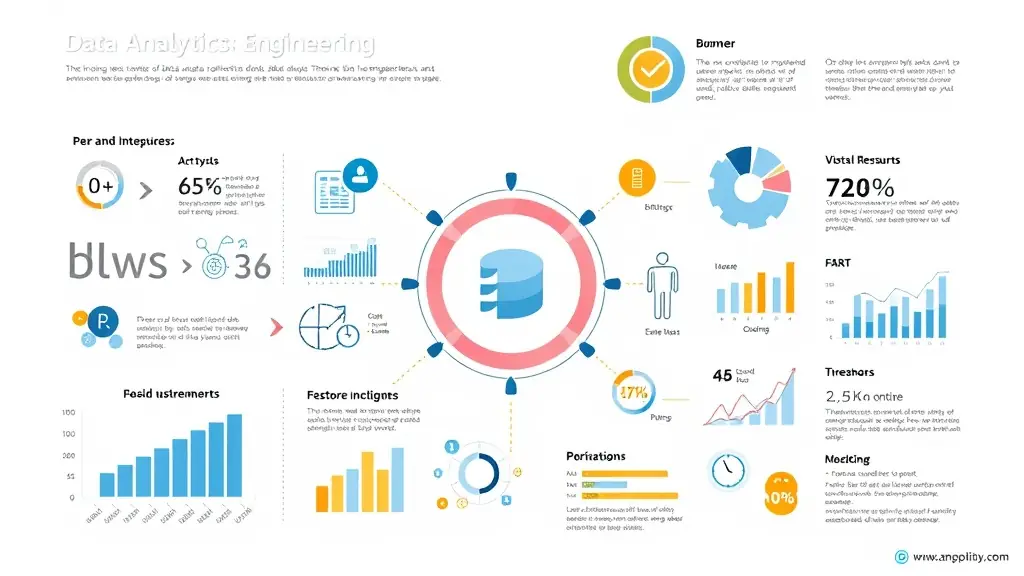Data analytics has emerged as a powerful tool in the engineering field, enabling professionals to make informed decisions based on empirical evidence. By analyzing complex datasets, engineers can identify trends, predict outcomes, and optimize processes. This capability is particularly valuable in project management, where timely and accurate information can significantly impact project success. As a result, integrating data analytics into engineering workflows is no longer optional but essential for staying competitive.
One of the key benefits of data analytics is its ability to uncover insights that may not be immediately apparent. For instance, by examining historical project data, engineers can identify patterns that inform future project planning and execution. This proactive approach not only minimizes risks but also enhances resource allocation and efficiency. Furthermore, the use of predictive analytics allows teams to anticipate potential challenges and devise strategies to mitigate them before they escalate.
In conclusion, the integration of data analytics into engineering practices is revolutionizing the way decisions are made. By harnessing the power of data, engineers can enhance their problem-solving capabilities and drive innovation within their projects. As the field continues to evolve, those who embrace data-driven decision-making will undoubtedly lead the charge toward more effective and sustainable engineering solutions.





